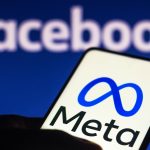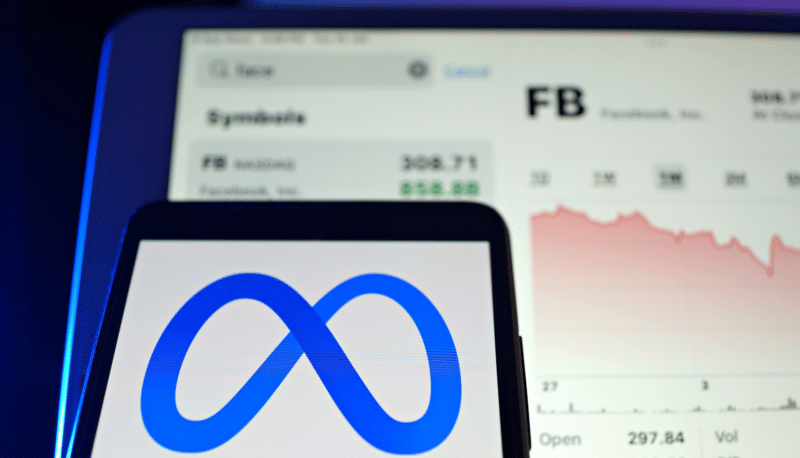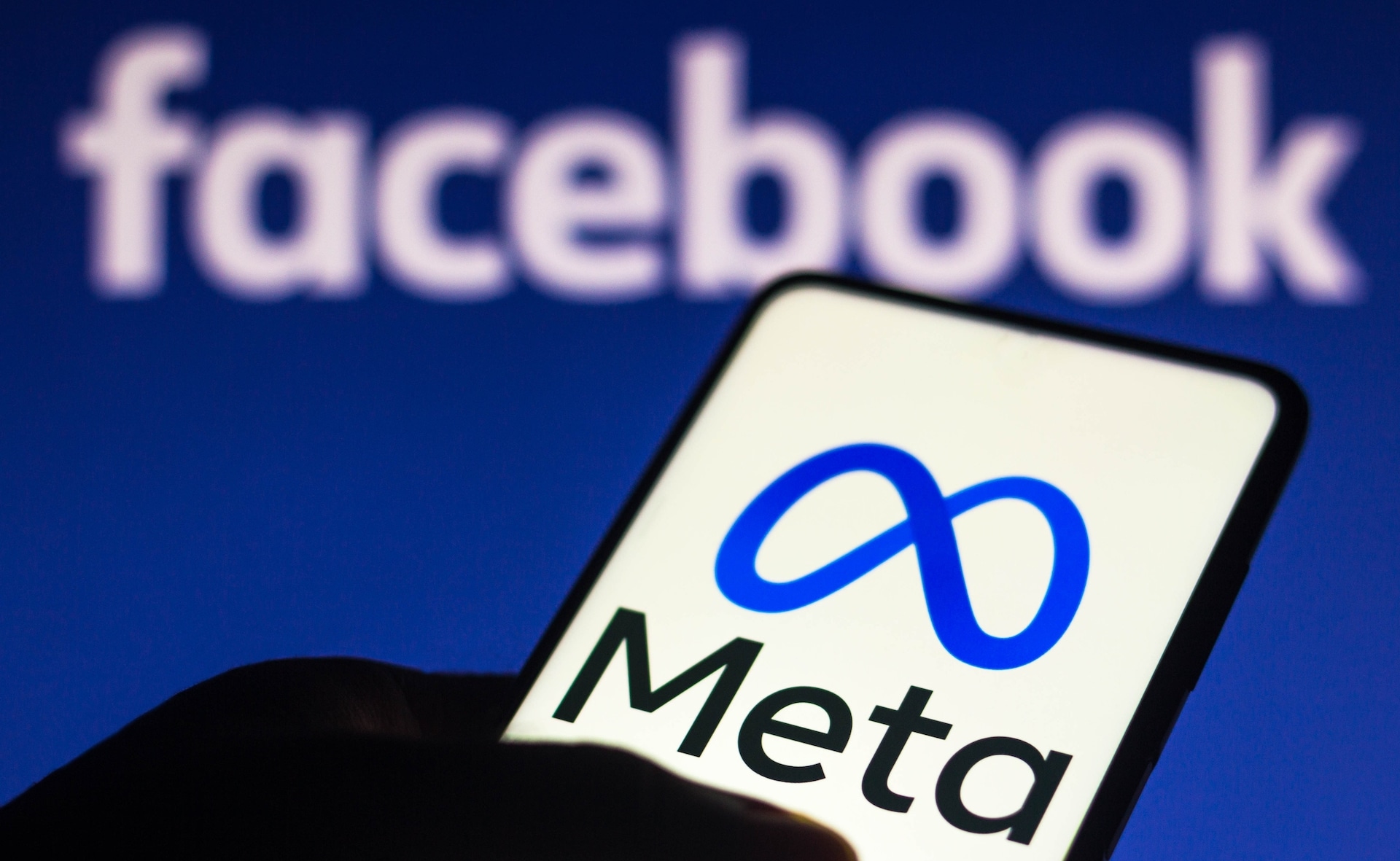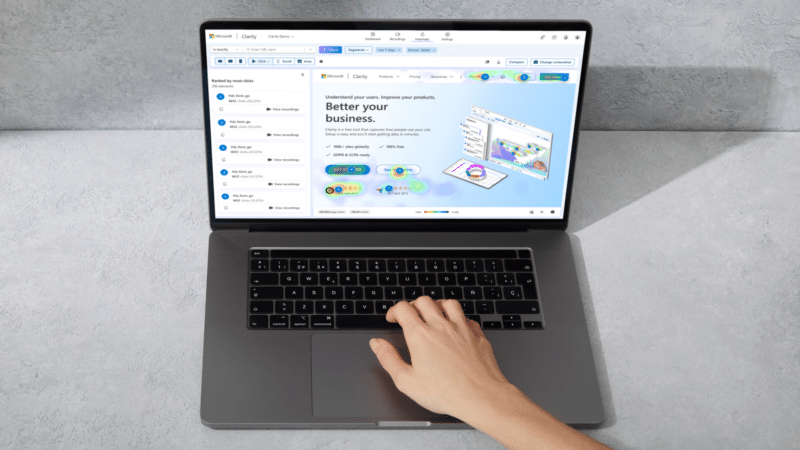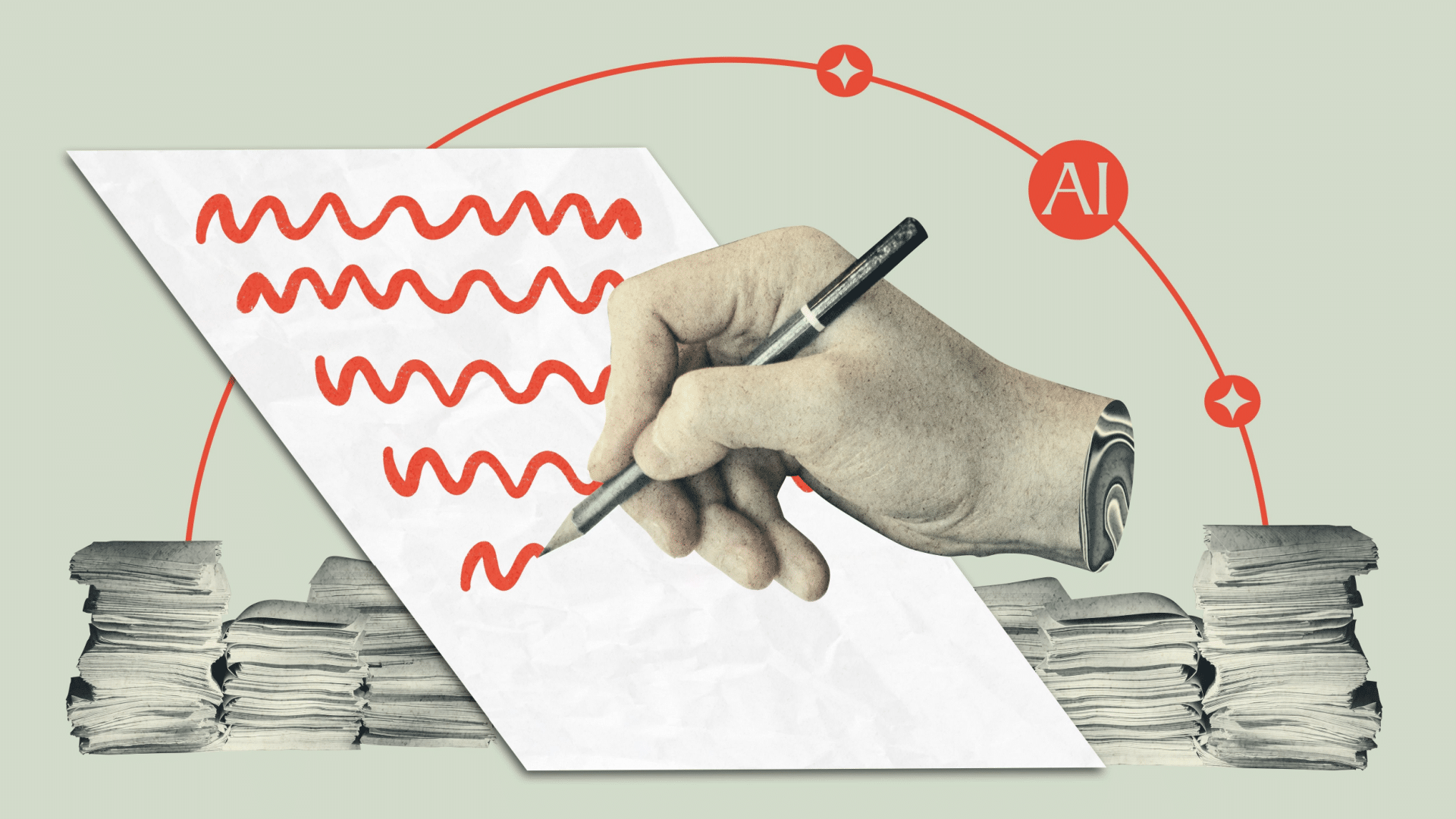Facebook advertising continues to offer strong ROI for businesses in 2024, with some key metrics improving year-over-year according to a report released by Wordstream.
Why it matters. As Google faces antitrust scrutiny and rising ad costs, Facebook is maintaining relatively stable pricing and performance for advertisers.
By the numbers:
- Average click-through rate for lead campaigns: 2.53% (up from 2.50% in 2023)
- Average cost per click for lead campaigns: $1.88 (down from $1.92)
- Average conversion rate for lead campaigns: 8.78% (up from 8.25%)
- Average cost per lead: $21.98 (down from $23.10)
Why we care. Understanding these trends and benchmarks can help advertisers make informed decisions about their digital marketing strategies, budget allocations, and performance expectations. These industry averages provide valuable benchmarks for advertisers to gauge their own campaign performance and set realistic goals.
Between the lines. Facebook’s growing user base and high daily engagement time may be contributing to its advertising stability.
- Facebook has 3 billion monthly active users
- Average user spends 35 minutes per day on the platform
The big picture. Facebook ads remain an effective complement to search advertising, with generally lower costs and more stable year-over-year performance.
What they’re saying:
- “Many consumers are searching for businesses on social media first in lieu of traditional search platforms,” says Tyler Mask, Senior Manager at LocaliQ.
- “The in-platform lead form is more appealing for users for particular offers,” notes Brett McHale, Founder of Empiric Marketing.
What to watch. From the report there are four ways to watch how advertisers will integrate Facebook into their strategies:
- Adoption of AI-driven tools like Advantage+ audiences could further impact ad performance metrics
- Leveraging AI-powered creative tools to help create more visually appealing ads, potentially increasing click-through rates (CTR)
- Utilizing the Facebook ads conversions API helping to track offline conversions potentially leading to increase in conversion rate
- Having Facebook as part of a broader marketing strategy including other social platforms, SEO and search ads.
The bottom line. While individual results may vary, these benchmarks provide a useful gauge for advertisers to measure their Facebook campaign performance against industry averages.
New on Search Engine Land
